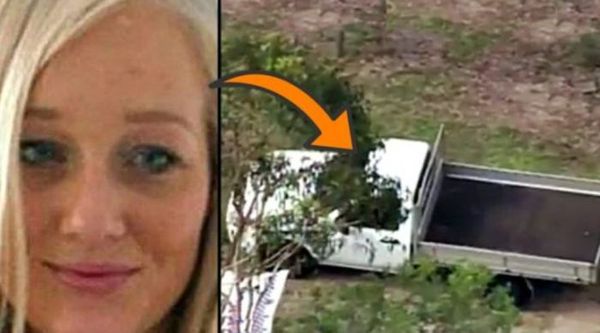
It is an unfortunate reality that some individuals in our society are subjected to unimaginable pain and suffering. Roxanne Eka Peters, a 35-year-old woman, found herself in such a situation when she was faced with a life-altering decision. In December 2015, she made the brave choice to defend herself and her child from the clutches of a twisted criminal.
Jason Cassar, a 51-year-old rapist, had inflicted unbearable physical and emotional torment on Peters. As if that weren’t enough, he further threatened her child’s safety unless she submitted to more abuse. The weight of such a horrifying predicament proved to be too much for Peters. Driven by a surge of anger and rage, she resorted to a drastic measure – she took Cassar’s life.
Peters’s act of self-defense, although understandable given the circumstances, came with consequences. She was charged with manslaughter and interfering with a corpse, resulting in a sentence of nine years in prison. The Brisbane Supreme Court showed little leniency towards her, despite acknowledging the significant provocation she experienced.

Justice David Boddice recognized the brutality Peters had endured and the justifiable anger it evoked within her. He conceded that her response, fueled by a desperate need to protect herself and her child, could be viewed as somewhat reasonable. However, he expressed disappointment in her decision to hide Cassar’s body instead of immediately reporting the incident.
While Peters’s actions may have been driven by justified rage, concealing the evidence hindered her legal standing significantly. Justice Boddice implored her to afford the deceased some level of human dignity, emphasizing the impact her anger had on her attitude towards Cassar’s remains. He also expressed sympathy for Cassar’s family, who would now face the burden of loss.
Cassar was not just a perpetrator of unspeakable crimes against Peters; he was also part of a larger pattern of abuse she had endured throughout her life. Growing up amidst drug abusers and suffering from sexual assault, Peters had reached her breaking point. Cassar’s threats towards her child were the final straw.
The court’s decision to impose a harsher sentence on Peters for her attempt to hide the body highlights the importance of transparency and seeking help. If she had immediately reached out to the authorities, she might have had a chance at a less severe punishment.
The question we must now consider is whether Australia’s response to Peters’s act of killing her rapist is just. What are your thoughts on this matter?





